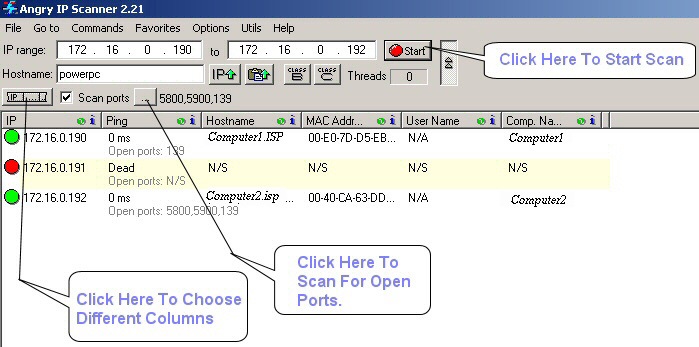 Introduction
Introduction
In today’s digital age, web security has become a paramount concern for businesses and individuals alike. The internet is now an integral part of our lives, and we use it for everything from communication to online shopping, banking, and social media. However, with the proliferation of the internet, cyber threats have also increased in frequency and sophistication, and website security has become more important than ever before.
Web security is a broad term that encompasses various techniques and strategies designed to protect websites, web applications, and web servers from cyber threats. In this article, we will discuss some of the essential web security measures that businesses and website owners can take to protect their websites from cyber attacks.
Implement HTTPS Encryption
One of the most critical web security measures is to implement HTTPS encryption. HTTPS stands for Hypertext Transfer Protocol Secure, and it is an internet protocol that encrypts data between a user’s browser and the web server, ensuring that sensitive information cannot be intercepted and read by hackers. HTTPS encryption is essential for websites that handle sensitive information, such as credit card details, login credentials, and personal information.
To implement HTTPS encryption, website owners need to obtain an SSL/TLS certificate, which is a digital certificate that verifies the identity of a website and encrypts the data transmitted between the website and the user’s browser. SSL/TLS certificates are issued by trusted third-party certificate authorities, and they are available in different levels of validation and encryption strength.
Keep Software Up to Date
Another essential web security measure is to keep all software up to date, including web applications, content management systems, plugins, and server software. Cybercriminals often exploit known vulnerabilities in outdated software to gain access to websites and web servers.
Website owners should regularly check for updates and security patches and apply them promptly. It is also essential to remove any unused or unnecessary software or plugins to reduce the attack surface of the website.
Use Strong Passwords
Using strong passwords is an essential web security measure that website owners and users should follow. Weak passwords are easy to guess or crack using automated tools, putting the website and its users at risk of a cyber-attack. A strong password should be at least 12 characters long and include a combination of upper and lower-case letters, numbers, and symbols.
Website owners should also enforce password policies that require users to use strong passwords and change them regularly. It is also a good practice to implement two-factor authentication (2FA) to provide an additional layer of security to user accounts.
Regularly Backup Website Data
Regularly backing up website data is an essential web security measure that website owners should follow. Backups help to ensure that website data is not lost in the event of a cyber attack, website crash, or accidental deletion. Website owners should back up website data regularly, and the backups should be stored in a secure location, such as a cloud-based storage service or an offline storage device.
Use Web Application Firewalls
Web Application Firewalls (WAFs) are essential web security measures that can help protect websites from various cyber attacks, including SQL injection, cross-site scripting (XSS), and cross-site forgery (CSRF) attacks. WAFs analyze incoming traffic to a website and filter out malicious requests, preventing them from reaching the website.
WAFs can be implemented as a hardware appliance or as a software solution and are available as cloud-based services or as on-premise solutions.
Educate Users
Educating users about web security is an essential web security measure that can help reduce the risk of a cyber attack. Website owners should provide users with guidelines on how to use the website safely, including using strong passwords, avoiding clicking on suspicious links or downloading files from untrusted sources, and reporting any suspicious activity or security incidents.
 Conclusion
Conclusion
Web security is a crucial aspect of any organization’s cybersecurity strategy. With the rise of web-based attacks and the increasing reliance on web applications and cloud services, it’s important to implement a comprehensive web security solution that can protect against a wide range of threats.
Effective web security involves a multi-layered approach, with a combination of technical controls and user education. This may include firewalls, antivirus software, web application firewalls, and intrusion prevention systems, as well as regular security assessments and training for employees.









